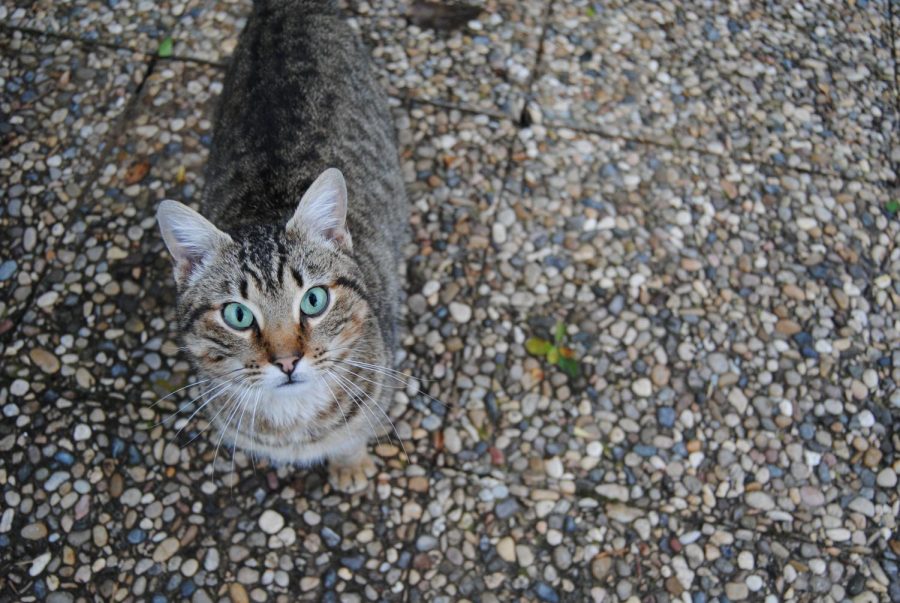Spay, neuter clinic coming to Zanesville to help ‘stop the litter cycle’
March 27, 2019
PAWS of Muskingum County is hosting Dr. Tess Peavy on April 3 for a public veterinary service to spay and neuter community felines.
“If you take just 10 cats, 10 females, they’re each going to have three to five kittens,” Theresa Hildebrand, president of PAWS of Muskingum County, said. “So those 10 females you didn’t get taken care of, you’re now looking at 30 to 50 cats.”
Cats are typically pregnant for about nine weeks, which allows for multiple litters of kittens from one female cat each year.
“Those 10 female, within a six-month period are going to deposit on you, 60 to 100 little kittens,” Hildebrand said. “And the ones who were born in the first litter, by the time they’re five months-old, those females are pregnant.”
PAWS calls the sequence of frequent litters the “litter cycle.”
The organization is hosting the April clinic based on need in the area. Hildebrand said the shelter, as well as many local vets are backed up on their spaying and neutering appointments.
Typically, PAWS assist many cat owners, or feral cat caretakers, that are elderly, low income or disabled by providing free spaying or neutering and leaving simply the cost of the vaccines up to owners.
The upcoming clinic, on April 3, is open to the public. The spay and neuter clinic costs $60 for the operation, including pain management, or $30 for a feral cat in live traps. The clinic also offers vaccinations and other services.
Peavy spayed and neutered about 600 cats in Guernsey County last year, Hildebrand said. PAWS of Muskingum County provided spaying and neutering services for over 400 cats last year, and the group is hoping with the addition of Peavy that it can provide services to 1,000 in 2019.
“It’s going to take that for several years to make a difference,” Hildebrand said.
Additionally, she added that spaying and neutering cats is not only to help stop the litter cycle but also to improve the quality of life for local cats.
“I call a female cat a walking cafeteria,” Hildebrand said. “She’s literally born with worms if her mother wasn’t taken care of. So, she has got ear-mites, flees, internal worms, she’s pregnant by the time she’s five or six months old, from that point in her life she’s pregnant or nursing usually almost nonstop. So, between the parasites all feeding on her and the kittens feeding on her, by the time she’s three or four years old her body gives out, and she dies.”
To register for the clinic visit neuterscooter.com. Walk-ins will not be accepted and payment will be accepted upon dropping off a cat.














Judy wofter • Mar 28, 2019 at 8:43 am
How do you catch a ferral cat. I have been feeding 13 to 15 daily but they won’t let me handle them. I’ve tried live trap but they see a cage and they take off to the woods if I have company here they take off to woods. Over the past 3 years I have had 2 males and one female fixed and the cats are winning the race. Sooooo my problem will never be solved at this rate. I am sorry and upset that this started with two cats that were not fixed NOT BY ME and I felt sorry and fed them. My age prevents me from chasing them around